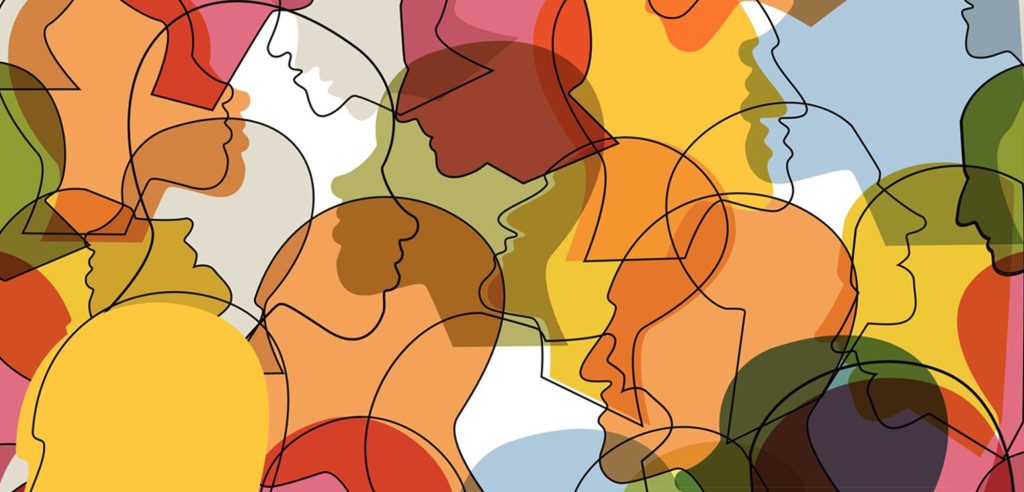
Understanding Emotional Sobriety and How to Achieve It
People who are emotionally sober rarely experience strong emotions and have learned to cope with problems effectively. They have learned to change bad habits and keep chipping away at them until they are emotionally sober. In addition, they understand the goal of progress and continue to improve. There are many ways to achieve emotional sobriety. Here are a few ideas:
Developing emotional sobriety
Developing emotional sobriety is about accepting your emotions and not running away from them. Instead of enabling yourself to drown in negative emotions, you can focus on your strengths and your connections to the people in your life. By understanding your emotions, you can develop the strength to handle the difficult ones. Once you achieve emotional sobriety, you will be able to see the good in life and enjoy it.
The best teacher is life. You can only develop emotional sobriety by learning to deal with the problems and difficulties of life. The best way to do this is to confront your fears and challenges head-on. By doing so, you will have the opportunity to face difficult situations that make you realize how little you know. Life challenges are like puzzles and teach you how to deal with them. Developing emotional sobriety will not be easy, but you will learn valuable lessons that will help you move forward in your recovery.
Related: Magic Mushrooms LSD and Other Hallucinogens
Behavioral therapies
Behavioral therapies for emotional sobrietly can help an addict learn to manage the negative emotions that are a common cause of relapse. These feelings trigger the use of substances and lead to relapse. In addition to physical well-being, emotional sobriety can improve mental health. The process of emotional sobriety involves learning to accept and understand all the feelings one experiences.
Cognitive-behavioral therapy (CBT) focuses on changing a person’s beliefs about their behavior and thoughts. These beliefs, known as “cognitive distortions,” may be responsible for the way a person acts and feels. These thoughts are not rational or logical and are based on past experiences and environmental factors. By changing the way we think, we change our behaviors and feel.

Journaling
While the act of writing itself is therapeutic, the process of writing also has psychological benefits. Writing in a journal can help you process your emotional pain, identify difficult feelings, and hold yourself accountable. Whether your goal is to learn to cope with your thoughts or to work through your recovery, journaling can help you achieve emotional sobriety. It can also help you learn about yourself and how to cope with difficult situations in your life.
The process of recovery is not only about abstinence, but about finding happiness in your life. People who do not enjoy their lives may develop feelings of depression or even relapse. Journaling is an excellent way to stay sober and to stay happy. There are a variety of ways to journal, but whatever method you choose, keep it private. Journaling also allows you to express yourself without worrying about other people’s judgment.

Support groups
A support group is a social gathering that meets regularly and provides advice, comfort, and encouragement to people in the same situation as you. They are not a substitute for professional treatment, but a complement to it. Individuals in recovery from addiction or a mental health disorder may benefit from such groups. Often, members of a group will begin by introducing themselves and offering to share about their personal experiences.
Many support groups are available online, making them accessible and easy to attend. Online meetings remove transportation barriers and offer an anonymity that is difficult to find in a traditional support group. Online groups, however, are not ideal for people who do not have reliable internet connections. While online meetings offer anonymity, they may be too private to provide you with valuable relationship-building. In-person meetings can help you to find a support group that meets your unique needs.
Medication
Medication for emotional sobriety is a way to manage the urge to relapse in people recovering from addiction. It helps a person intellectualize their emotions and respond to them in a healthy way. This type of medication is not a cure-all for addiction. It can help a person recover from a short-term problem, but it should not be the only option. If you are considering medication for emotional sobriety, consider your individual needs and the risks of taking it.
Emotional sobriety is a journey that helps you see the good in your life and focus on it instead of on the negative. You need to recognize that emotional sobriety does not mean you get to go unpunished by life, and it requires effort and a commitment to stay sober. However, once you reach this point, it’s not too late to begin working toward emotional sobriety.
